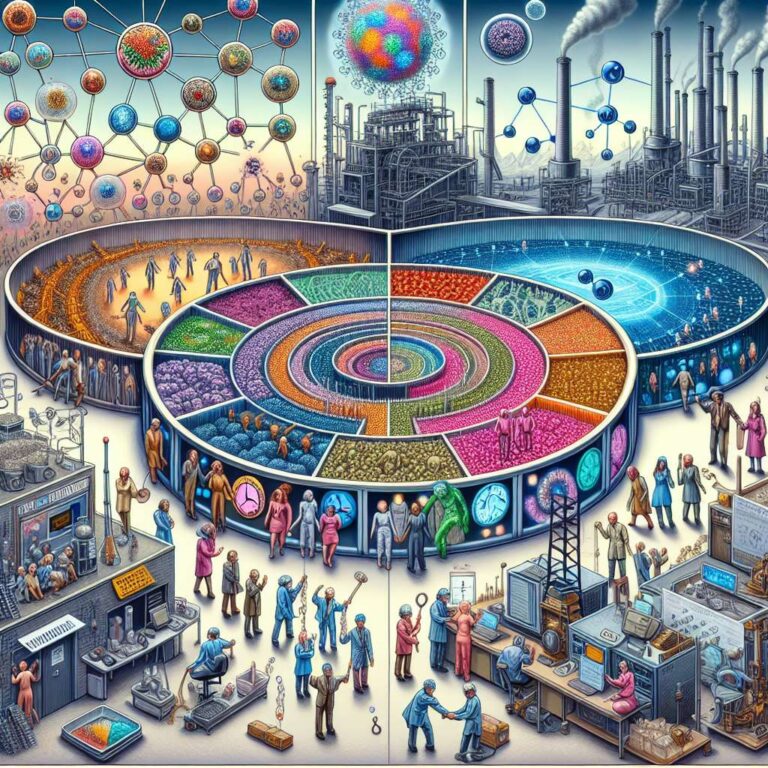The latest edition of The Download highlights two feature stories from a forthcoming print issue focused on the body. First, researchers are using biological aging clocks to probe the hidden processes that drive how we age, beyond visible signs like wrinkles or gray hair. These measures suggest some people may be biologically older or younger than their chronological age, reshaping how scientists think about aging and raising questions about whether it can be slowed or reversed. Second, a trio of high-profile voices, including the architect of net neutrality, a former Meta executive, and the inventor of the web, offer sweeping proposals to repair an internet beset by addictive algorithms, exploitative apps, data mining, and misinformation. The coverage asks whether these prominent figures are the right stewards for such an overhaul.
Climate tech takes center stage with Cyclic Materials, one of the publication’s 10 climate companies to watch. The startup plans to open one of the largest rare earth magnet recycling operations outside China next year, targeting a sector where only a tiny fraction of critical metals are currently recovered. By aggregating a wide range of devices and extracting multiple metals, the company aims to tackle the longstanding economic obstacles that have throttled magnet recycling and to bolster supply chains for clean energy technologies.
The must-reads round up a sweeping set of developments. California has enacted an Artificial Intelligence safety law that makes chatbot makers legally accountable for protections and requires reminders to young users that the systems are not human, alongside new social media warning label measures. Other highlights include widespread leaks of unencrypted satellite data, a manufacturing revival driven by defense startups in smaller U.S. towns, and European concerns about becoming an Artificial Intelligence colony dependent on U.S. tech. There are warnings that vast portions of human knowledge are missing from the web and that Artificial Intelligence could deepen the gap, while energy stories chart the rise of mega batteries that help stabilize grids.
The newsletter’s quote of the day comes from a beer judge who rejects the notion of using Artificial Intelligence to evaluate brews, calling it a solution in search of a problem. A final item revisits the lucky break behind Casgevy, the first commercial gene-editing treatment for sickle-cell disease, approved in November 2022 in the UK and slated for U.S. sales by Vertex Pharmaceuticals. The piece underscores how CRISPR can be programmed to cut DNA at precise locations and teases the underappreciated science behind deciding where, exactly, to aim. For a lighter close, the edition offers diversions from adopting a coffee name to revisiting Star Wars rankings and pondering an ethical diet.

